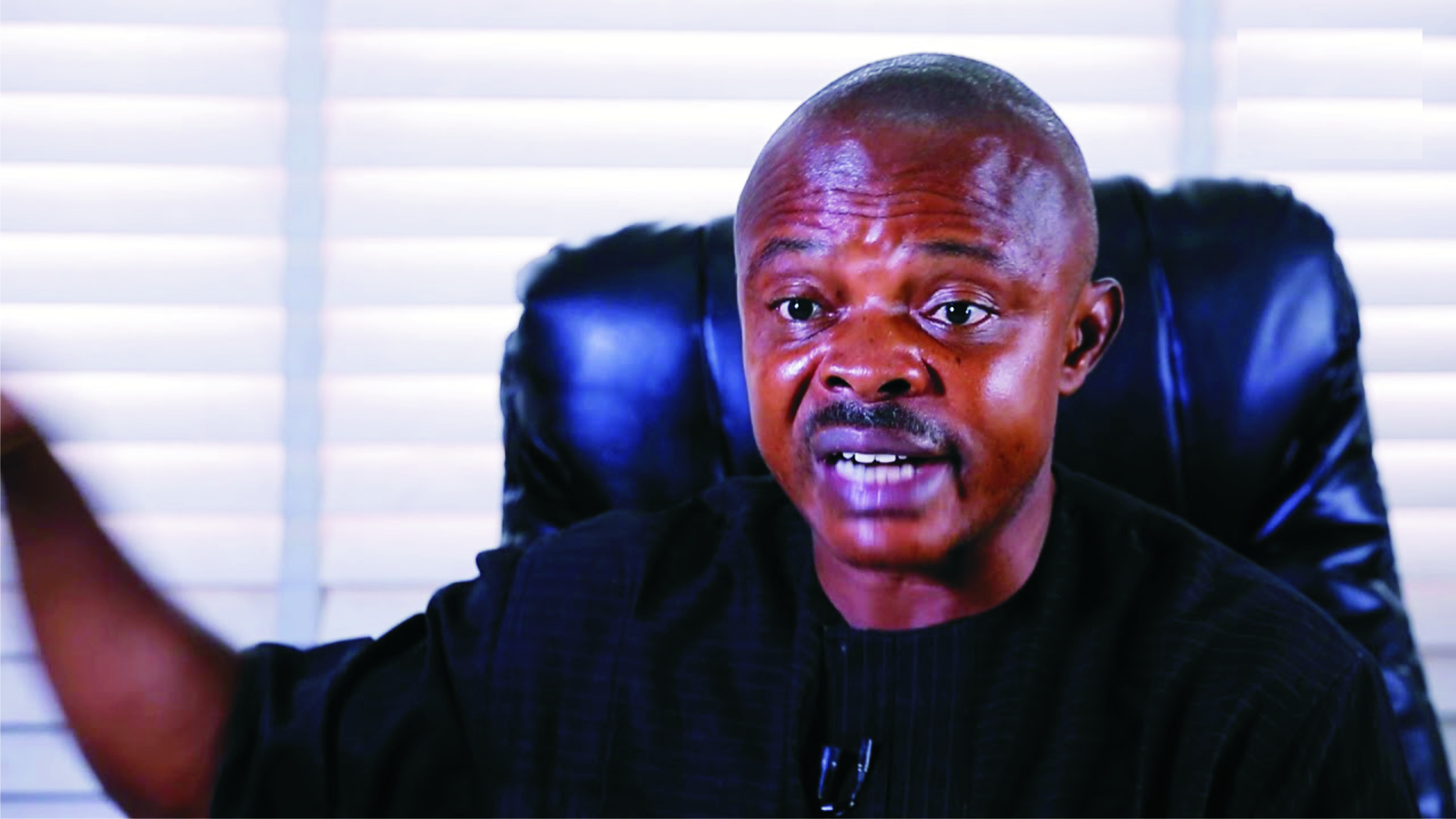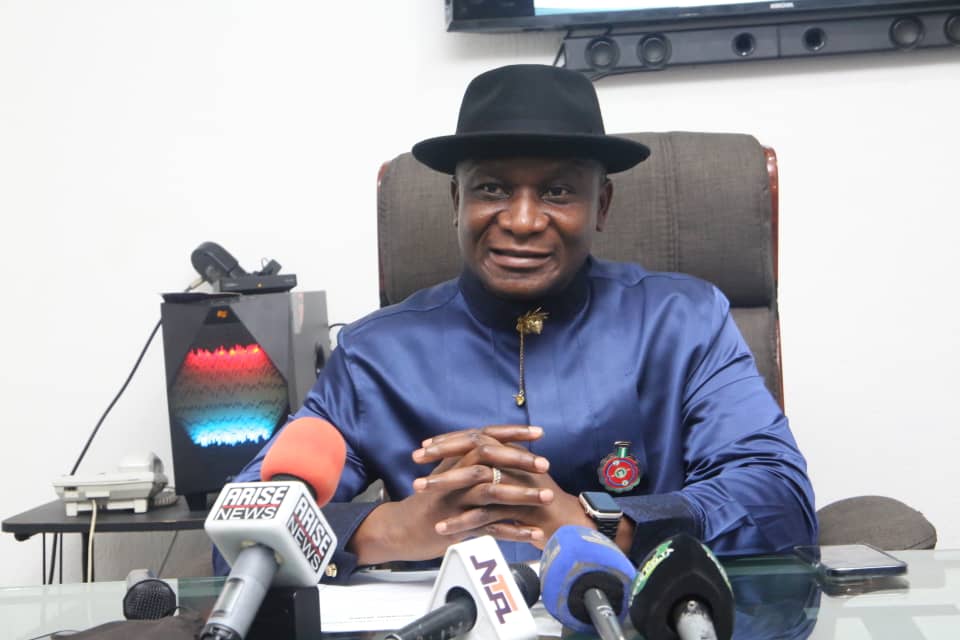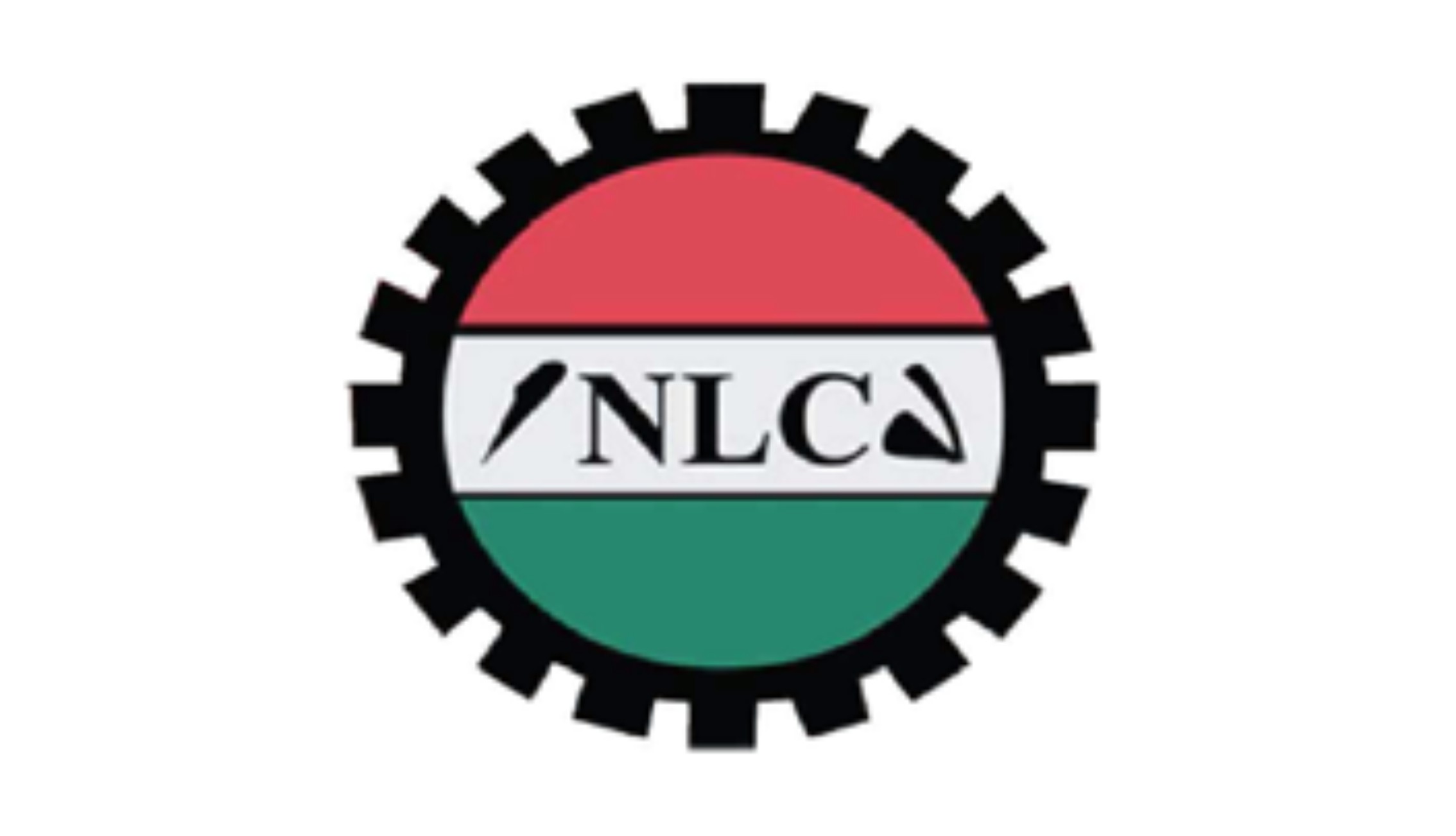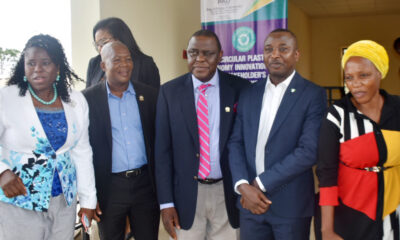News
N’Delta: Aftermath of Disarmament
On the 4th of October, 2009, the period set for the amnesty process will come to a close. A review of the process so far will reveal some modest success but there are a lot of challenges. First and foremost, It is clear that the amnesty process has been politicised. As Jide Ojo has argued.
Perhaps, the greatest threat to the amnesty deal is the frosty relationship and muscle flexing between two Timis. The administration of Timipre Sylva, Governor of Bayelsa State has accused the Honourary Special Adviser to the President on Niger Delta Matters, Mr. Ndutimi Alaibe of undermining his authority. The Secretary to the Bayelsa State Government had in a reaction to the disarmament that took place at Azuzuma, Bayelsa State accused Alaibe of introducing politics into the amnesty exercise. The SSG also said the protest in Yenagoa is politically motivated to erode the gains recorded by his governor in the amnesty programme. It is an open secret that Timi Alaibe has his eyes fixed on the governorship of Bayelsa State and would want to make capital political gain of his present position. However, the issue at hand needs to be dispassionately tackled so that the amnesty deal does not get scuttled. There is need for the two Timis to sheath their swords and work together in the larger interest of Nigeria and their Niger Delta region.
It would be recalled that on September 6, 2009, thirty-year-old South Wing Commander of the MEND, Mr. Kile Selky Torughedi, a.k.a ‘Young Shall Grow’ submitted a large cache of weapons to Timi Alaibe. They included assorted guns and rifles, grenade launcher chargers, grenades, dynamites, bombs and gun boats. He claimed he had 350 fighters and that he speaks French and has soldiers from Liberia and Gabon. In a footage of his village shown on one of the Africa Independent Television (AIT) on September 17, I saw a Nursery school founded and funded by Kile as well as old women he engages on environmental sanitation on N10,000 monthly salaries each. Talk of failure of governance!
Secondly, there has not been professional execution of the process. The laid down process of disarmament and demobilisation was not followed in all cases leading to demonstration by militants in Yenogoa, Bayelsa State on 4th, 7th and 25th September, 2009. The militants complained of being accommodated in dilapidated buildings in rehabilitation centres and non-payment of their allowances.
Thirdly, the root causes of the crisis in the Niger Delta have not been tackled. Peace requires justice. For the amnesty process to succeed, the injustice done to the Niger Delta people over the years must be redressed. Peace. without justice is peace of the graveyard and is not sustainable.
Furthermore, the level of participation of international and local observers, communities and stakeholders in the process is low. Peace process requires robust participation of stakeholders to increase confidence. In particular, the participation of women in peace building is key because women’s participation not only put new items on the agenda but also because women are perceived to be more empathetic which enhances their reconciliatory and political work as negotiators and possibility of fostering confidence and trust.
As has been alluded to above, disarmament and demobilisation without an effective reintegration programme will only produce “temporary peace” of the graveyard. A successful amnesty process or DDR should create the basis to right the wrongs of the past and help to create a just and equitable society. By the time that the amnesty period expired on 4th October, 2009, it was unlikely that majority of the militants had handed in their arms and ammunitions.
The Movement for the Emancipation of the Niger Delta (MEND) had requested for extension of the deadline. At the expiration of the moratorium period, the Federal Government is expected to resist the temptation of launching a new military action against militants who may not have surrendered. That will only escalate the crisis and create a new wave of militancy. As General Luke Aprezi, a former Commander in ECOMOG and Force Commander for the African Union Force (now UN Force) has counselled,I can tell you point blank that the war is not winnable by the Nigerian Army. Military can never solve the problem in the Niger Delta. Because Sri Lanka fought the Tamil Tigers for 26 years and now they seem to have defeated the Tamil Tigers, but then, you win the war, have you won the peace? It is what will come out of winning the peace that will determine whether there would be further uprising or not.
I can categorically tell you that Nigerian army cannot win the war in Niger Delta. From my experience all over the world, at best military will carry out a holding action till a political solution is found.
Secondly, every effort must be made to avoid the politicisation of the re-integration phase of the amnesty process which will determine whether or not there will be reversion to violence.
Furthermore, the capacity of the relevant officials must be built to proper handle the reintegration process. The errors that led to the demonstration of militants in Yenogoa, Bayelsa State must be avoided.
Another important point is that states and local government areas in the Niger Delta must change their ways in terms of transparency and accountability to ensure that the vast amount of resources that have been flowing into the Niger Delta since 1999 can be translated into improvement in the lives of citizens. From 1999 to 2007, Delta State received the sum N463 billion from federal allocation. This amount is more than allocation to five states (Anambra, Gombe, Ekiti, Nassarawa and Plateau) put together. This is why Mr. Konyinsola Ajayi pointed out that “it is a shame that Delta State is not a mini-Dubai today, given the enormous resources that have been allocated to the state.” Until the people of the Niger Delta see politics as service to the people and not an avenue to “come and chop” either alone or in conjunction with others, there will be no meaningful progress in the region.
Igbuzor is a guest of the editor.
Otive Igbuzor
News
May Day: Labour Seeks Inclusiveness In Policy-making

The Organised Labour yesterday, called on the Federal Government to ensure inclusiveness in policy making and guide against erosion of rights, such as free speech and association.
The President, Nigeria Labour Congress (NLC), Mr Joe Ajaero made the call at the 2025 Workers’ Day celebration held at the Eagle’s Square, Abuja.
The Tide source reports Ajaero and the President, Trade Union Congress, Mr Festus Osifo delivered a joint statement on behalf of the organised labour at the event.
Ajaero described May Day as, not only a moment to honour workers’ sacrifices, but also a platform to demand justice and accountability from those in public office.
He frowned at the alleged suppression of protests, and the erosion of rights of workers by some agents
According to him, workers have a duty to resist economic injustice, insecurity, and policies that undermine their dignity.
Speaking on the theme of the day, the NLC President underscored the need for Nigerian workers to reclaim the civic space and resist policies that contribute to worsening economic conditions.
“Our theme this year – “Reclaiming the Civic Space in the midst of Economic Hardship – reflects the urgent need for citizens to protect democracy and push back against repression.
“The civic space, where Nigerians express their concerns and challenge injustices is shrinking.
“If we fail to reclaim this space, the foundation of our democracy risks collapse,” he said
Ajaero, therefore, urged workers to unite and resist division, fear, and despair.
He also urged them to mobilise and organise for change, declaring that the right to demand better conditions is non-negotiable.
“Without workers, there is no society; without labour, there is no development. We must take our place in the fight for economic justice and democratic governance.”
Speaking in the same veins, Osifo said workers are the backbone of the nation—the educators, healthcare providers, builders, farmers, and innovators who sustain its economy -.
He stressed the need for the labour to reclaim the civic space even in the midst of economic hardship.
News
2025 UTME: JAMB Disowns Site Requesting Payment From Candidates

The Joint Admissions and Matriculation Board (JAMB) has disassociated itself from a fraudulent site requesting payments from candidates who missed the ongoing 2025 Unified Tertiary Matriculation Examination (UTME).
The board said that the site, “Copyrightwriter Personal J Rescheduling Flw” and account number 8520641017 at Sterling Bank, associated with it, are scam.
The disclaimer is contained in a statement made available to newsmen in Abuja on Thursday by the Board’s Public Communication Advisor, Dr Fabian Benjamin.
Benjamin said the account is being exploited to defraud unsuspecting candidates who missed their UTME.
“We issue this urgent notice to inform the public about this nefarious scheme targeting candidates who were unable to participate in the UTME.
“Some unscrupulous individuals are deceitfully soliciting payments of N15,700 under the false pretence of offering rescheduling services for the examination.
“Let us be unequivocal: this, it is a blatant scam, and we are confident that the public will not fall prey to such cheap and regressive tactics.
” The individuals behind this scam have no affiliation with JAMB or any legitimate government agency.
“The account details provided in these communications are entirely fictitious and bear no connection to any official processes; they exist solely for the purpose of perpetrating fraud,” he said.
Benjamin called on Sterling bank to take immediate and decisive action against this criminal activity.
According to him, JAMB has reported the matter to the relevant security agencies and actively pursuing those responsible for this deceitful act.
He further said that “JAMB does not reschedule examinations for candidates who miss their scheduled tests due to reasons unrelated to the Board’s actions”.
He, however, said that the Board is conducting a thorough investigation for candidates whose biometrics failed during verification and were thus unable to sit for the examination.
He said those without discrepancies would be invited to retake the examination at no cost , stressing that “no cost is required”
“It is imperative to understand that JAMB does not charge any fees for examinations after a candidate has completed their registration.
“We strongly urge all candidates to remain vigilant and not to succumb to these fraudulent schemes.
“Protect yourselves and report any suspicious activity immediately,” he explained.
News
NDDC Seeks UN’s Support To Accelerate Niger Delta Development

The Niger Delta Development Commission (NDDC) has expressed its willingness to partner with the United Nations (UN) to accelerate the development of the Niger Delta region.
Dr Samual Ogbuku, Managing Director of the NDDC, made the appeal in a statement issued by the commission’s Director of Corporate Affairs, Mrs Seledi Thompson-Wakama, in Port Harcourt on yesterday.
According to the statement, Ogbuku sought the UN’s support during his visit to the UN Resident and Humanitarian Coordinator (UNRHC), Mr Mohammed Fall, at the UN regional office in Abuja.
He called on the global body to provide the NDDC with technical assistance and expert services to support the region’s development.
“We are eager to collaborate with the UN, recognising that the state governments in the region and the NDDC alone cannot achieve the level of regional development required,” he said.
Ogbuku identified key areas where support would be needed, including the provision of portable and affordable drinking water powered by high-tech solar energy sources.
He also highlighted the importance of reforesting the mangrove swamps, which have been severely damaged by decades of environmental degradation caused by oil exploration in the Niger Delta.
“Although the NDDC has made progress in providing solar-powered streetlights across the region, we still require UN support in delivering solar energy solutions for residential buildings.
“We also wish to explore the possibility of installing solar mini-grids in homes across communities, which would boost local commerce and trade,” he added.
The NDDC managing director further appealed for increased UN involvement in areas such as healthcare, education, youth training, gender development, and food security.
Ogunku stated that such interventions would significantly enhance the standard of living in the region.
In response, Fall affirmed the UN’s readiness to collaborate with the NDDC to fast track development in the Niger Delta.
He assured that the UN would support initiatives in food security, job creation, education, and renewable energy, among other areas.
“We aim to approach development in the Niger Delta holistically, rather than focusing solely on environmental pollution.
“This is merely an entry point; however, the UN’s development vision aligns with the Sustainable Development Goals (SDGs), which are designed to positively impact various aspects of people’s lives,” Fall stated.
He assured the NDDC of continued and fruitful engagements to drive the region’s development.
-
Women3 days ago
Justice Prevails Over Osinachi’s Death
-

 Featured3 days ago
Featured3 days agoLabour Unions In Rivers Call For Improved Standard Living For Workers
-
Politics3 days ago
Enugu LP Loses Pub Sec To PDP
-
Niger Delta3 days ago
Diri Recommits To Support For Security Agencies …Cautions AIG, Sacks Youth Exco
-

 Nation3 days ago
Nation3 days agoOgun, Nike Art Gallery Set To Transform Olumo Rock
-
Social/Kiddies3 days ago
Need For Girl-Child Education In Society
-

 News3 days ago
News3 days agoNBA President Sues For Workers’ Protection, Better Wage
-
Politics3 days ago
Gunmen Disrupt Political Rally In Bayelsa ….As Turnah, Others Emerge New Associates’Leaders

